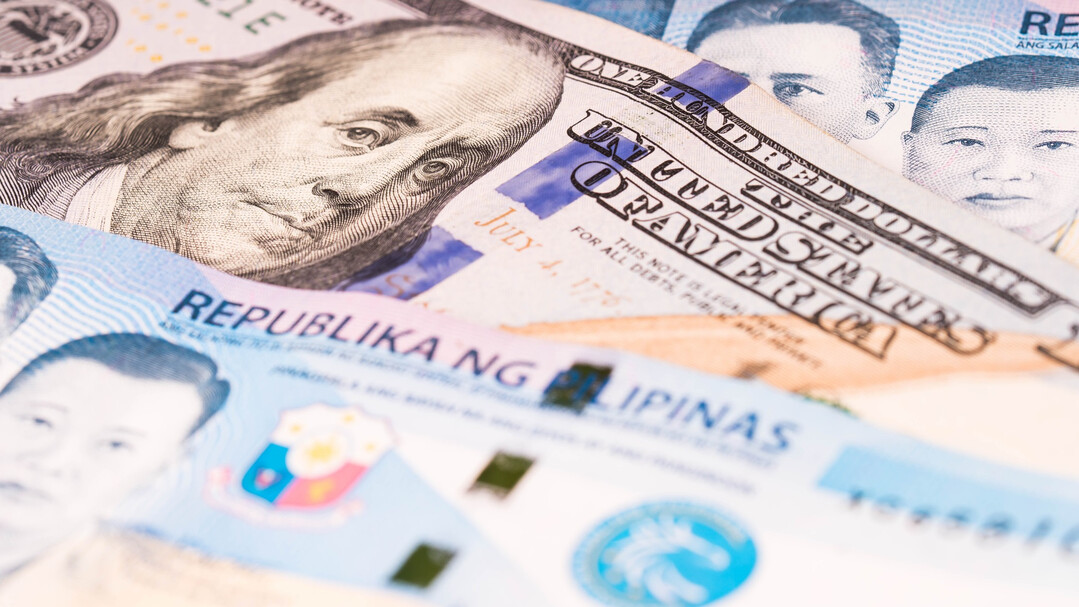
MANILA, Philippines – As the conflict in the Middle East escalates, investors are flocking to safe-haven assets, resulting in a depreciation of the Philippine Peso to the mid-57s and a sharp decline in the Philippine stock market. On Monday, June 23, 2025, the Philippine Peso closed at 57.58 against the US dollar, a 41-centavo drop from the previous trading day. This marks the lowest closing rate since 57.69 on March 26. Foreign exchange transactions on this day amounted to $1.28 billion, reflecting the unstable market sentiment.
Threat of High Oil Prices and Overall Economic Pressure
Rising international oil prices pose a severe threat to the Philippine economy and are a major factor directly pressuring the Philippine Peso and stock market. The Philippines is highly dependent on crude oil imports, and an increase in oil prices directly leads to higher import costs. This can exacerbate the trade deficit and increase inflationary pressure, potentially leading to a decline in consumer sentiment and a slowdown in business activities. In particular, an increase in transportation and logistics costs is expected to lead to a general rise in prices, which could reduce households' real income and weaken the overall economic growth momentum. According to local media reports, Philippine oil companies are expected to implement phased price increases in response to rising oil prices, which will likely further burden the public.
Deepening Investor "Flight to Safety"
The increasing geopolitical instability in the Middle East is encouraging investors to avoid risky assets. Typically, during such periods, funds flow into safe-haven assets like the dollar, leading to weakness in emerging market currencies and stock markets. The Philippines is not immune to this international trend, and the outflow of investment capital is creating a vicious cycle that further depresses the peso's value and the stock market. In the Philippine stock market, a notable sell-off by foreign investors is particularly evident, contributing to the overall downward pressure on the market.
Banking System Instability and Market Confidence Issues
Furthermore, the inaccessibility of the Bankers Association of the Philippines (BAP) website during morning trading hours on Monday, June 23, added to market uncertainty. Although it was restored in the afternoon, the prolonged downtime of the BAP website, which represents the Philippines' largest financial institutions, could create anxiety among investors regarding the overall system. Such technical issues hinder access to information and raise doubts about market transparency, potentially further dampening the sentiment of market participants already in a sensitive situation. The BAP has not provided an immediate response to inquiries about the website downtime, and a clear explanation is required.
Future Outlook and Challenges
The current situation presents multifaceted challenges for the Philippine economy. A prolonged Middle East conflict and a sustained rise in international oil prices are likely to increase inflation pressure and worsen the current account deficit in the Philippines. Consequently, the Philippine central bank may face pressure for further interest rate hikes to stabilize prices, which could burden economic growth.
The government should strengthen its policy responses to stabilize exchange rates and prices while making diverse efforts to secure energy independence. Moreover, it is time to reinforce the economy's fundamentals and continue efforts to attract foreign investment in preparation for increased external uncertainties. To overcome the current complex crisis, close cooperation between the government and the private sector, along with proactive responses, is essential.
[Copyright (c) Global Economic Times. All Rights Reserved.]






























